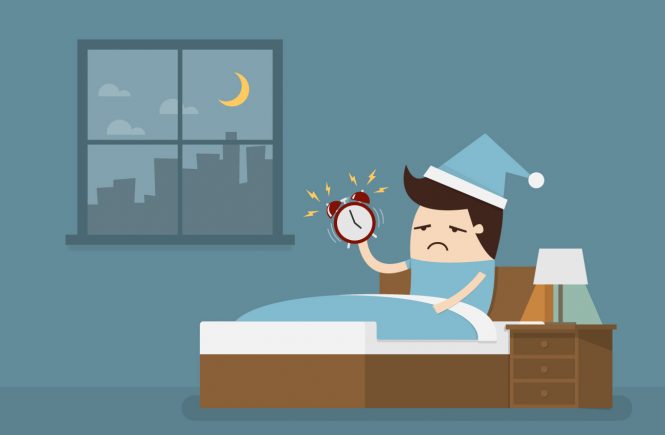Restless nights, followed by tiring mornings and always feeling like you can never catch enough sleep?
Like how we have habits to keep our teeth clean and our studies done, we have habits that affect our sleep.
Sleep hygiene describes good sleep habits. Here are some advice to help you get a good night’s sleep from a student. Most of these are common sense but the hustle and bustle of the modern and uni life makes most of us neglect some of our common senses and self-care.

Do – Get up from bed/go to bed at the same time each day.
The body has a natural clock so getting up or sleeping at the same time each day will help your body clock synchronise with what is going on in the outside world. If you can stick to a fairly regular waking and sleeping time, your body will become accustomed to it and you’ll wake up feeling refreshed without the need of coffee.
Think how much money that will save you in a year.
You can use Sleepyti.me to calculate when you should try to fall asleep or wake up to avoid waking up in your REM cycle, which can leave you feeling groggy for the day.

Do – Get regular exercise each day.
Regular exercise improves restful sleep, ideally not immediately before bed which can stimulate the body and may make it difficult to fall asleep. It doesn’t have to be an intense work out at the gym. A 30 – 60 minutes fast-pace walk will be beneficial for your sleep and mood.

Do – Try to spend some daytime outdoors or in natural light
~ It’s all about that body clock ~ Natural light is important for the body to regulate the circadian rhythm, particularly in the morning as it can lead to earlier melatonin production in the evening to help you fall asleep easier.

Do – Use your bed only for sleep.
Many of us are guilty of this – using the bed as a lounge room to study, watching Netflix and checking social media for endless hours. Try to avoid this and make sure that the bed is associated with sleeping so that your brain makes the connections between places (the bed) and events (sleeping) and you need to reinforce this so it can become a habit.
If you make sure the bed is for sleeping, then sleeping happens in the bed.
![]()
Minimise – screen usage before bed.
This should be a don’t – but letsbehonest we can only try. Blue light stimulates melanopsin to photosensitive ganglionic cells which reduces melatonin production which keeps you awake (PHY3012). Using the phone can stimulate your mind and thoughts may overflow, making it harder to relax and fall asleep. If you are using your phone as an alarm, try getting an alarm clock that does not emit any light or sound. If you are lying in bed and can’t sleep for more than about 20 minutes, then get out of bed and do something else for half an hour or so, warm cup of herbal tea or water.
Common sleeping problems (such as insomnia) are often caused by bad habits reinforced over years or even decades. If you have tried and failed to improve your sleep, you may like to consider professional help. You can speak to your doctor.
If you have gotten this far, that’s already a great start to the week. These are not all hard and fast rules and like with all habits, start small and try improving one habit at a time. With the exam timetable released, a good sleep hygiene will get you prepared for the long game.
New week, new me.

All images on this page are designed by Freepik. Created by Dooder – Freepik.com
Interested in more? Check out this video from AsapSCIENCE.
Scapegoatian Jenny out.





